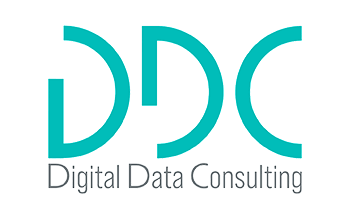Today, every organization is significantly affected by digital transformation that is catalyzed by changes in the global economy. Digital HRM #digitalHRM is based on the utilization of technologies and the introduction of digital tools to optimize and improve the work of HR. So, can technology really help accelerate the quality development of an organization, without losing quality and focus on companies values?
First, let’s not forget that Digital HRM transformation involves not only the use the software, digital platforms, and technological tools for automation but, first of all, the improvement of personnel management processes due to these technologies. When used correctly, Digital HRM has a positive impact on organizational productivity through improved work flexibility, increased efficiency, improved talent acquisition, increased employee engagement, and data-driven decision-making.
More flexibility
Digital HRM helps organizations quickly respond to market changes and adapt to new business models. For example, using digital tools to organize remote work helps adapt to the needs of a distributed workforce and improve overall work efficiency.
Less routine
Using digital tools helps automate up to 90% of routine HR administrative tasks, freeing up time for more strategic work. Automated placement of vacancies, analysis of resumes for compliance with vacancy requirements, planning of adaptation and development of employees based on the results of work and the potential of the employee, all this and much more, can not only increase the overall efficiency of work organization but also help reduce costs and burnout on the part of employees of the department HR.
Attracting talent
Digital HRM helps companies attract the right talent more efficiently and quickly by using digital tools to screen candidates and conduct online interviews, conduct online tests to match candidates to position expectations.
Employee engagement
Digital HRM helps organizations attract and retain employees by providing personalized learning and development opportunities, engagement in shared goals, motivational choices, and compensation models. This leads to higher job satisfaction and increased productivity.
Decision-making based on data
Digital HRM allows managers and HR specialists to receive generalized information based on analyzing large volumes of data to make more informed decisions without spending time on analysis. For example, analyzing employee data can help organizations identify areas for improvement and make informed decisions to improve work efficiency.




